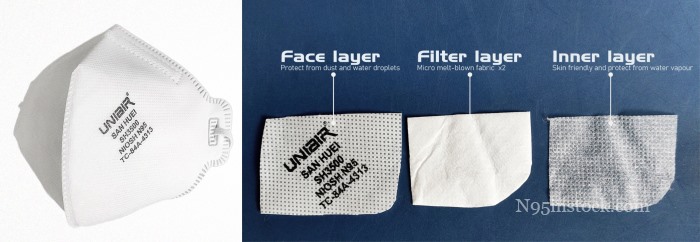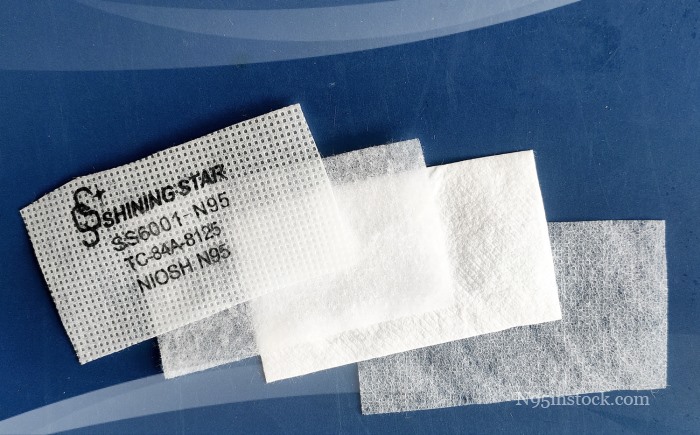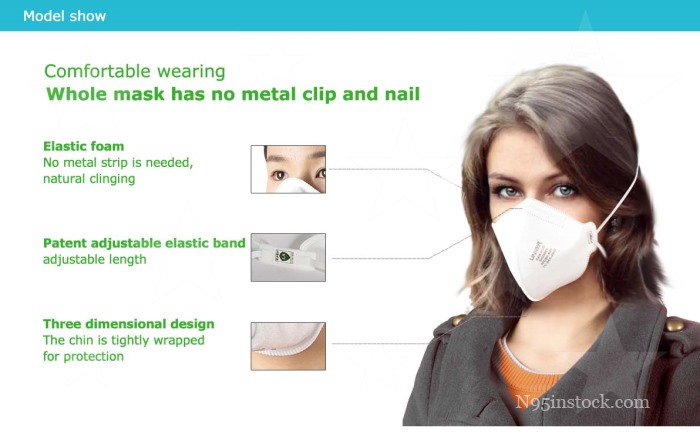An N95 mask is a type of respirator that filters out particles in the air. It is designed to fit snugly on your face and create a seal that prevents harmful particles from entering your lungs. N95 masks are commonly used in healthcare settings and are effective at filtering out 95% of airborne particles. However, it is important to note that N95 masks only filter particles that are larger than 0.3 microns in diameter. N95 masks are one of the most popular types of personal protective equipment (PPE) and are rated to filter out 95% of airborne particles.
Are N95 masks effective against breathing in bacteria and viruses.
You must know that neither bacteria nor viruses can be transmitted directly. You must rely on carriers. These carriers are droplets and dust, etc. Most droplets and dust particles are larger than 0.3 microns in diameter, so to some extent, N95 masks is effective at blocking their spread. N95 with filter are very effective at protecting you from these tiny particles.
N95 mask can filter the air from both ways
As we all know, the N95 mask is a type of personal protective equipment that can help protect us from airborne particles. But did you know that the N95 mask can also filter the air from both ways? That’s right, the N95 mask can actually help protect you from both inhaling and exhaling harmful particles.


N95 masks have a 3-layer construction: an outer layer, a filter layer, and a skin-comfort layer. The outer layer repels water; the filter layer filters out particles; and the skin-comfort layer makes it more comfortable to wear. Filters layers work both ways, filtering out outer particles as well as the user’s exhaled air.





 To see 100+ types of N95 or KN95 face masks with photo comparing,video review and mask priceswww.n95instock.com/shop
To see 100+ types of N95 or KN95 face masks with photo comparing,video review and mask priceswww.n95instock.com/shop
